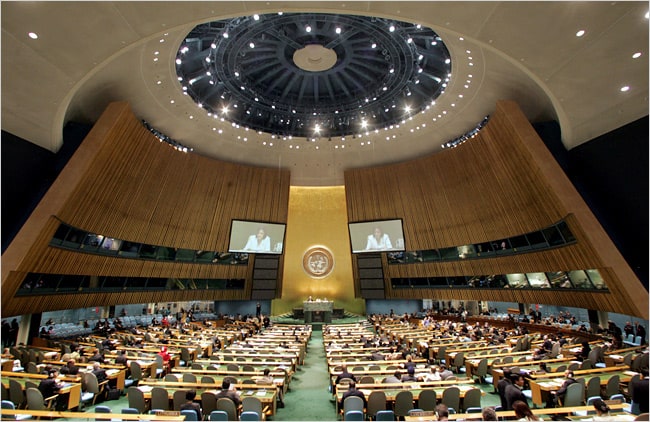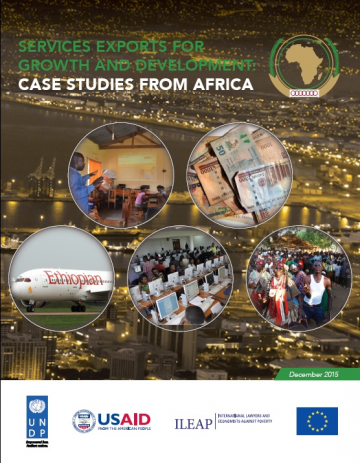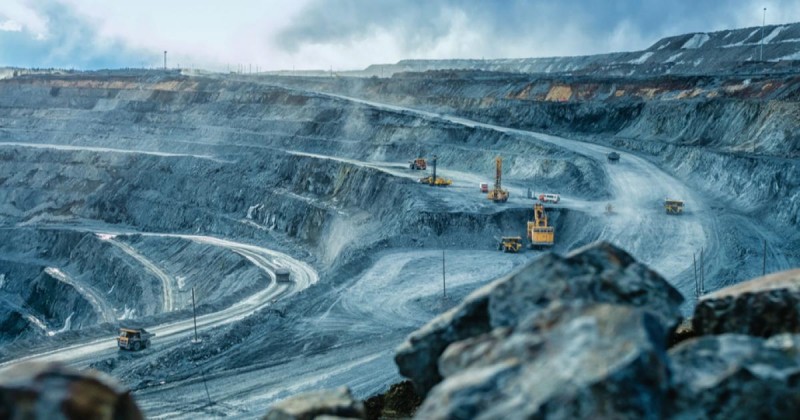Diplomats, petitioners and experts from around the world continue to commend, at the United Nations, the realistic autonomy plan offered by Morocco for a lasting resolution to the Sahara issue, denouncing the destabilizing scheme of the Algeria-backed Polisario militias having links with terror groups, drug & arms smugglers operating in the Sahel.
Addressing the UN Fourth Committee convening in New York, permanent representative of Guinea-Bissau to the UN Samba Sané said that Morocco’s autonomy initiative for the Sahara is a practical and pragmatic plan based on compromise for reaching a mutually acceptable solution.
He also commended Morocco for its efforts to improve the local inhabitants’ social and economic situation through continued investments and building better infrastructures, education and the health care systems.
For his part, Deputy permanent representative of Senegal to the UN Mrs. Aminata Ly Diop reiterated her country’s support for a fair and lasting solution to the question of Sahara under the auspices of the UN.
Morocco’s autonomy initiative is the best solution, she said, hailing the major strides accomplished by Morocco in human rights, inclusive socio-economic development and local governance in the Sahara.
Senegal opened its consulate in Dakhla in 2021 as a token of support for Morocco’s efforts and recognition of the Moroccanness of the Sahara, she underlined.
Ambassador Juan José Portorreal Brandao of Dominican Republic praised Morocco’s efforts to achieve a political solution to the Sahara issue, while the Delegate of Côte d’Ivoire called for the resumption of the UN-sponsored roundtable process for reaching a realistic political solution.
Stability in the Maghreb depends on achieving a political solution to the Sahara dispute, he said, reaffirming his country’s steadfast support for Morocco’s autonomy initiative.
Saudi Arabia also reaffirmed support for the autonomy initiative for the Sahara within the framework of Morocco’s sovereignty and territorial integrity.
Saudi Arabia’s Permanent Representative to the UN Abdulaziz Alwasil said the autonomy initiative is in line with international law, the Charter of the United Nations and the resolutions of the Security Council and the General Assembly, recalling that this initiative has been hailed in Security Council resolutions since 2007.
The diplomat also indicated that his country expresses its support for the efforts of the brotherly Kingdom of Morocco to find a realistic political solution to the regional dispute over the Sahara based on compromise, in accordance with the relevant Security Council resolutions and under the aegis of the UN Secretary General, Antonio Guterres.
In this context, he called on all the parties concerned to show wisdom, realism and compromise in order to reach a settlement of this dispute and consequently contribute to the achievement of peace and stability in the region.
Jordan’s Ambassador to UN Mahmoud Daifallah reiterated his country’s backing for the UN Chief efforts to re-launch the UN-led political process and commended Morocco’s efforts for reaching a lasting and peaceful solution to the Sahara regional conflict.
Manda Dicianni, Rescue and Relief International, said the Polisario-controlled camps in Tindouf, southern Algeria, have become an epicenter of training for child soldiers who are also used as human shields.
Mr. Assor Sydney, Surrey Three Faiths Forum, said the Tindouf camps have become a major area of illicit activity as well as a transit corridor for small arms and drugs.
The Polisario embodies three overlapping agendas: terrorism, separatism and organized crime, he said, adding that the Tindouf camps have become a hotbed of repression and human trafficking. Thousands of young people who have been abducted and sent to military training centers become easy prey for terrorist groups when they return to the misery in the camps, he stressed.
Petitioner Malaainin Boulon said that it is a delusion and historical falsehood that the Sahara region is the last colony in Africa. Recalling the history of the tribes of the three Sahara rivers, including his own, he said that Sahara was successfully liberated from Spanish colonialism.
Noting that 12 international agreements recognize Moroccan sovereignty over the Sahara, he stressed that the populations of the Sahara are not excluded from the management of their affairs, noting that they elect their own representatives.
Karen Hardin, Priority PR Group & Literary Agency called on the UN Secretary-General to re-launch round-table talks and to recognize the tremendous job that Morocco has accomplished in the Sahara.
From excellent roads and community centers to hospitals and desalinization plants, Morocco has turned the barren desert into a place of unique beauty, she said. This is a sharp contrast to the life of the Sahrawi in the Tindouf camps, she added.
Souleymane Satigui Sidibe, Institut Sahélien de Recherche et d’Analyse pour la Transformation des Conflits (TIRAC-Sahel), also described the Moroccan autonomy plan as the best solution to the Sahara issue.
Austrian MP Harald Troch praised Morocco’s autonomy proposal as serious and credible initiative which is gaining a growing international support.
Jérome Besnard, head of Autonomy for the Sahara Coalition (AUSACO), said the Moroccan Sahara lives in tranquility and peace, recalling the 66 pc participation rate in the 2021 elections in the Sahara. This shows the strong will of the Sahrawi people to manage their own lives as well as their unwavering attachment to their identity. They benefit from the rights guaranteed in the Constitution of Morocco, he said, adding that the Polisario is a relic of the Cold War.
Nykaky Lygeros, University of Lyon, highlighted the increasing support from the international community for Morocco’s autonomy initiative, adding that the country is implementing a new development model for the southern regions. The people of Moroccan Sahara actively participate in running their own lives, he said, adding that the Polisario group has no legitimacy.
Ricardo Berndardo Sanchez Serra, Federacion de Periodistas del Peru, voiced support for the Moroccan autonomy plan, condemned the sequestration by the Polisario militiamen of Sahrawis in the Tindouf camps and their embezzlement of the humanitarian aid destined for those held in the camps.
Abdoulatif Aidara, CISPAIX, said the Polisario group has ties to terrorist groups, threatening stability of the whole Sahel region, while Eric Cameron, Head of World Action for Refugees, said the Polisario militia has been recruiting children as soldiers for decades, in a gross violation of human rights, affirming that Algeria, which hosts the Tindouf camps, should be held accountable for these rights violations.
Former British MP Derek Conway said it is essential that all parties to the Sahara conflict participate in the UN-sponsored roundtable process, especially the host country of the Tindouf camps, Algeria.
Morocco’s autonomy initiative is a positive compromise-based solution embodying the parameters called for by the international community and benefits from the support of more than 90 countries. Moreover, it is a guarantee of a brighter future for the entire Sahel and Sahara region, he said.



